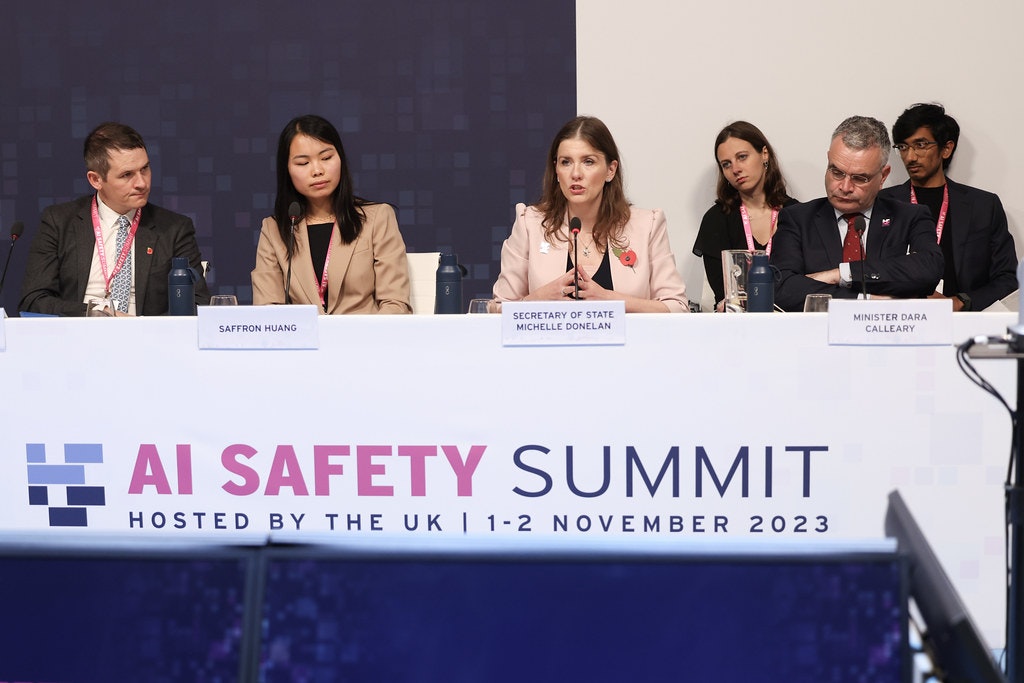Europe is falling behind in the global AI race with research in the sector overwhelmingly dominated by the US and Asia.
Figures from the World Intellectual Property Organisation on Thursday said that there had been a surge of AI patent applications globally, with annual filings nearly tripling from 2013 to 2017.
But this research was dominated by institutions and companies in China, the US and South Korea. Of the top 167 universities and public research institutions for patents, only four are in Europe.
The report adds weight to comments by Kai-fu Lee, the ex-president of Google China and prominent venture capitalist and AI expert, who told Sifted that Europe isn’t even in the running for “bronze medal” in the AI race at the moment. He determined that Europe has none of the success factors like the US or China, suggesting that Europe is lacking a VC-entrepreneur ecosystem; successful consumer internet companies, social media companies, or huge mobile application companies that can drive artificial intelligence advancements, and a lack of governmental support to win the AI race. European AI experts speaking at the European Commission’s policy forum on artificial intelligence, Futurium, however, disagreed, suggesting that AI in Europe shouldn't be discounted.
Still, Europe’s AI problem has led to mounting concern in Europe. French president Emmanuel Macron and the European Commission have both made a push to increase spending— although with so far mixed results.
Europe spent about $3bn-$4bn on AI in 2016, while investment in North America was $23bn, according to McKinsey Global Institute.
Commenting on the WIPO report on Thursday Paul Nemitz, a principal adviser in the European Commission, said: “Fierce international competition requires coordinated action for the EU to be at the forefront of AI development and use.”
A separate report from World Economic Forum earlier this month said that developing and diffusing AI could be worth €2.7tn to European economic output by 2030 — if Europe can get it right.
Of the four European public research organisations that do feature on the WIPO list of top AI patent fillers, the highest-placed is the German Fraunhofer Institute, which is ranked 159th, while the French Alternative Energies and Atomic Energy Commission (CEA) is in 185th position.


